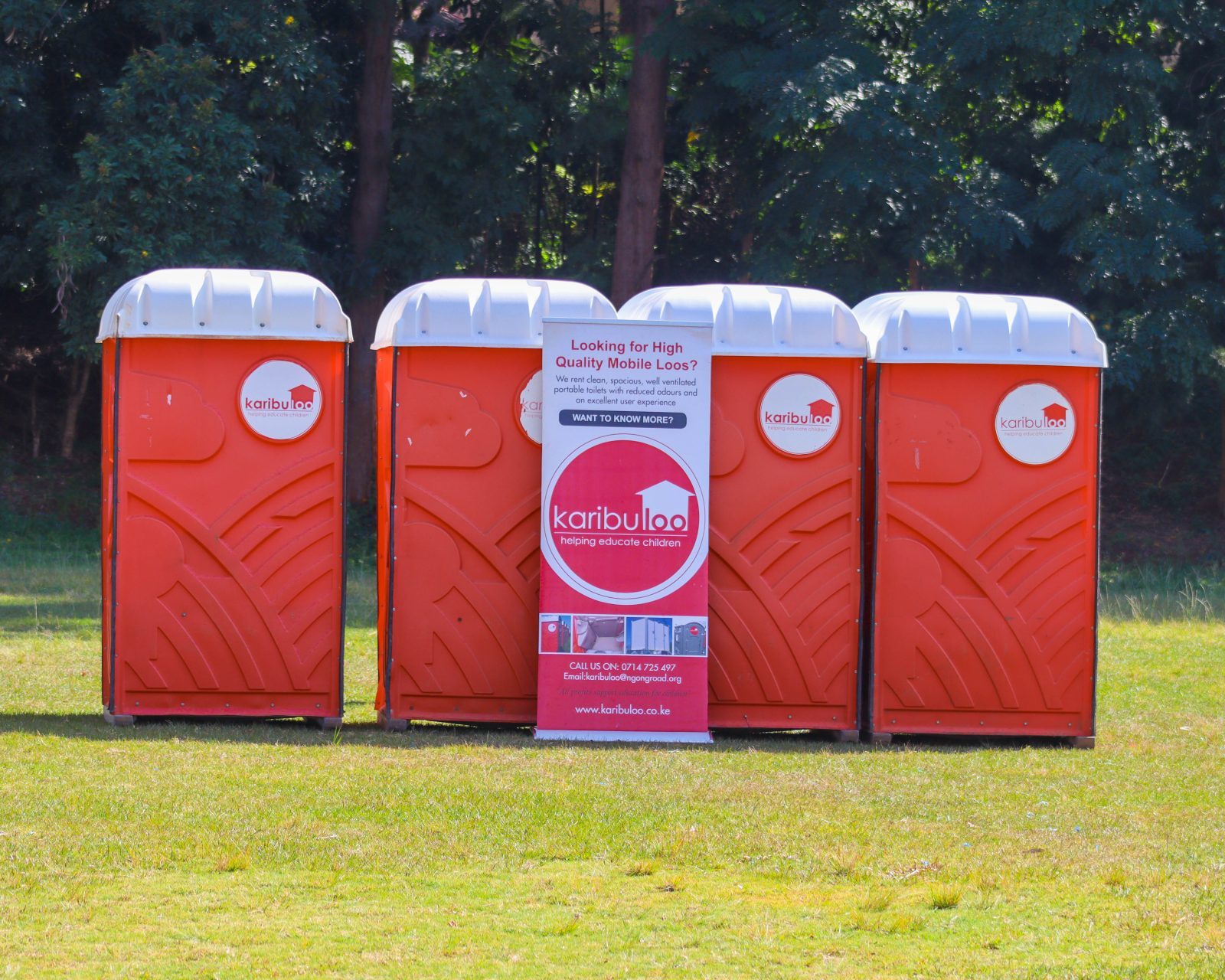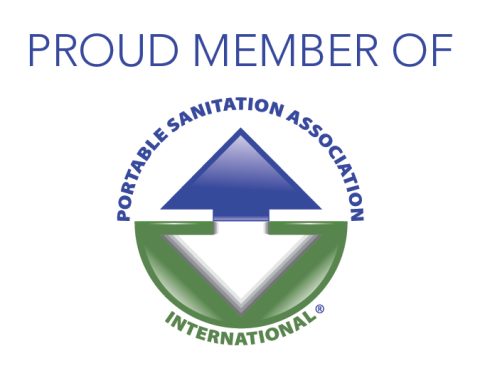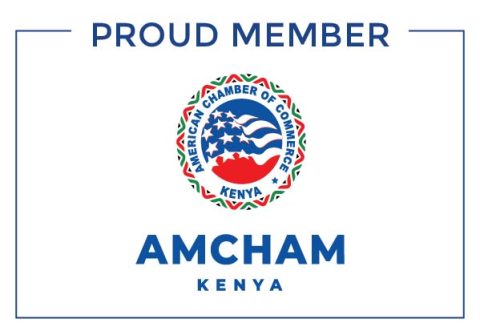
Organizing an event requires detailed planning and coordination. No matter how small, every detail needs attention and a well-thought-out approach. Here are the ten essential steps for planning a successful brand event that connects with your audience and amplifies your brand’s presence and reach.
Step 1. Begin Your Event Planning Early
The earlier you plunge into the event planning, the wider the array of choices and the greater the flexibility. Early planning doesn’t just mitigate stress; it also maximizes the potential for innovation, partnerships, and promotional opportunities. It gives brands the bandwidth to foresee challenges, modify strategies, and refine details, ensuring that the event stands out in the crowded business landscape.
Step 2. Identify Your Event’s Goals and KPIs
Every event is an opportunity to communicate with your audience. But what’s the message? Is it a product launch, a brand overhaul, or a simple celebration of milestones? By distilling the core purpose of your event, you can craft experiences that resonate, engage, and convert.
Step 3. Optimize Your Event Budget to Maximize ROI
A budget isn’t just about cost-cutting; it’s a strategic blueprint that guides every decision, from venue selection to marketing campaigns. Moreover, when shaping your event budget, it’s imperative to ensure each decision drives higher ROI, from choosing the right venue to launching effective marketing campaigns.
Step 4. Brand Your Event and Begin Publicity
Your event’s brand is the foundation of your event’s identity. It’s the visual representation of your event’s purpose, values, and personality. Branding your event is not just about creating a logo or a tagline; it’s about crafting a cohesive brand experience that resonates with your audience.
Step 5. Arrange Sponsorships and Speakers for Your Event
Sponsorships and speakers are the lifeblood of your event. They bring credibility, expertise, and value to your event. When selecting sponsors and speakers, it’s important to align their values and expertise with your event’s purpose and audience.
Step 6. Launch Ticket Sales
Ticket sales are the primary source of revenue for your event. When launching ticket sales, it’s important to create a seamless and secure ticketing experience that encourages early bird purchases and incentivizes group purchases.
Step 7. Coordinate with Event Suppliers
Event suppliers are the backbone of your event. They provide everything from catering to equipment to transportation. When coordinating with event suppliers, it’s important to ensure that they understand your event’s purpose, values, and logistics.
Step 8. Develop an Event Master Plan
An event master plan is a comprehensive document that outlines every aspect of your event, from the event schedule to the event budget to the event logistics. It’s a living document that evolves as your event progresses.
step 9. Execute Your Event Master Plan
Executing your event master plan requires attention to detail, flexibility, and collaboration. It’s important to ensure that every aspect of your event is executed flawlessly, from the event setup to the event teardown.
Step 10. Measure Your Event’s Success
Measuring your event’s success is critical to understanding your event’s impact and ROI. By measuring your event’s success, you can identify areas of improvement, refine your event strategy, and optimize your event budget.
Unlock event success now! Don’t miss out on essential tips for flawless event planning.






